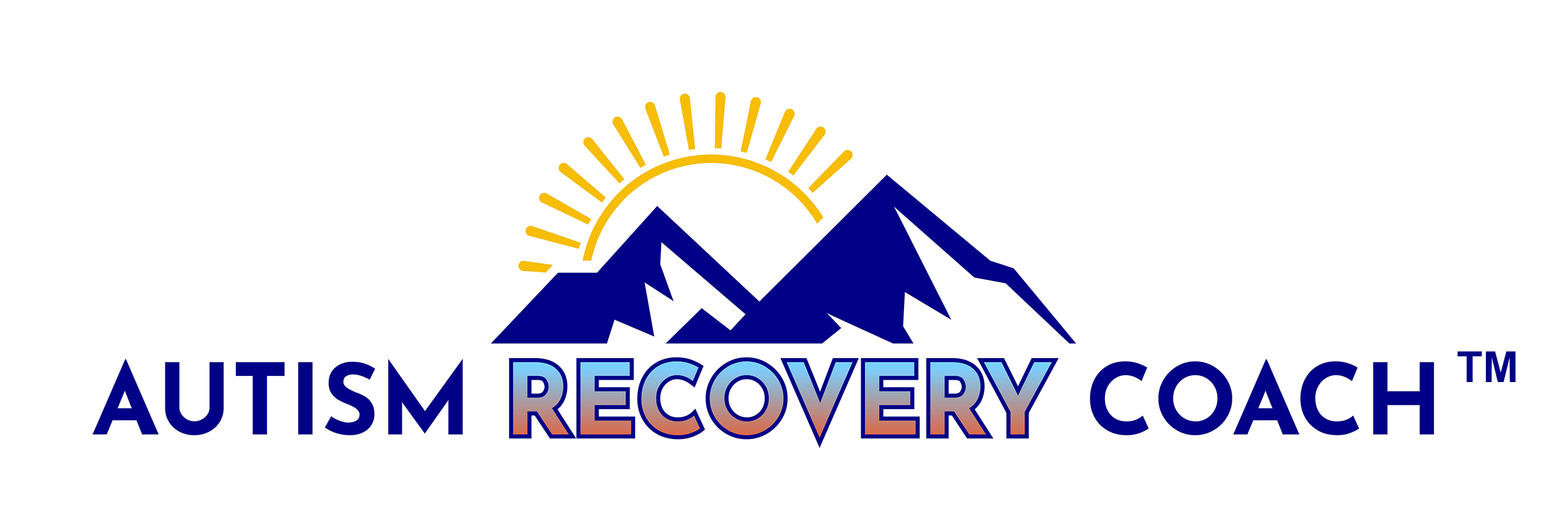The human body is a web of interconnected systems, and the relationship between the gut and the brain holds a vital key in understanding the intricate world of autism spectrum disorders. Recent studies have increasingly shed light on the significant influence the gut microbiota holds over the development and manifestations of autism in children. Here’s what an experienced autism therapist has got to say:
The Gut-Brain Axis Unveiled
The gut-brain axis, a sophisticated communication system between the gut and the brain, plays a pivotal role in influencing various aspects of health, including behavior and cognition. The microbiota in the gut contributes to this connection, sending signals that can significantly impact brain function and behavior.
Microbiota Composition and Autism
Studies have shown that children with autism exhibit alterations in the composition of their gut microbiota compared to neurotypical children. Variations in the abundance of certain bacteria in the gut may contribute to the unique challenges faced by children with autism, particularly regarding their behavior, digestive issues, and even cognitive functioning.
Inflammation and Microbiota
Children with autism often display signs of increased gut inflammation, which correlates with an imbalanced gut microbiota. This inflammation might influence the gut-brain axis, contributing to neurological and behavioral symptoms commonly associated with autism.
Role in Neurotransmitter Production
The gut microbiota is intricately involved in the production and regulation of neurotransmitters, the chemical messengers vital for brain function. Imbalances in microbiota composition can potentially impact the production of neurotransmitters, such as serotonin and dopamine, which are crucial for mood regulation and behavior.
Influence of Diet on Microbiota
Dietary choices can profoundly impact the gut microbiota. The consumption of certain foods can alter the gut’s microbial composition, potentially affecting children with autism. The role of a specialized diet, such as the gluten-free, casein-free (GFCF) diet, in improving symptoms of autism is an area of interest due to its potential to modulate the gut microbiome.
Therapeutic Interventions and Microbiota Modulation
Therapeutic interventions aimed at modifying the gut microbiota have shown promise in ameliorating autism symptoms. Fecal Microbiota Transplant Therapy (FMT), a treatment that involves introducing healthy microorganisms into the gut, has displayed positive results in improving gastrointestinal symptoms in children with autism. Research into these interventions continues to grow, offering a beacon of hope for families seeking alternative methods to manage autism spectrum disorders.

Embracing a Promising Frontier
Understanding the profound link between gut microbiota and autism heralds a promising horizon for tailored interventions. The revelations surrounding the gut-brain connection have sparked innovative research into potential treatments that involve modifying the gut microbiota to ameliorate symptoms in children with autism.
For personalized guidance on potential gut microbiota-based treatments for children with autism, consider reaching out to Christopher Soppet at Autism Recovery Coach. He offers personalized approaches integrating the growing research on the gut-brain connection into your child’s individual treatment plan, offering hope and support for a brighter future. Some of his services include autism therapy online, methyl B-12 autism recovery treatments, and back-to-school strategies for autism.
Contact him today!



